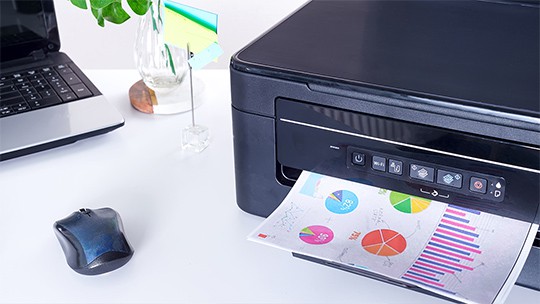The ability to keep an eye on the finances is crucial to the success of any business, is it not? The same principle extends to real estate and rental properties, where rental accounting is rendered important on account of the need to maintain top-notch records of all financials for tax purposes, future investments, etc.
And, while rental property management could get complicated; it’s essentially a full-time job. Though thanks to the new generation of digital tools, the management of day-to-day tasks have now become significantly easier. Besides saving time, the accounting software managing property management can provide a snapshot of the progress made in terms of real estate portfolio. Further, the software can even highlight opportunities where you can improve, and provide a heads up on various payment due dates and property depreciation.
While property managers have options when it comes to ways of keeping track of the associated financials with their rental properties. Though, two of the most popular options would include property management software and QuickBooks.
Now, more often than not, people conclude that Quickbooks is the solution they need for rental accounting management. Why? Well, because this offering comes with its own set of merits and demerits. First things first, QuickBooks is a dedicated rental accounting solution wherein the properties are configured as customers and tenants as sub-customers. Within the system, the sub-customer category will then include rent invoices, payments, current balance, and all other relevant details.
Sure enough, QuickBooks seems to be the complete package when it comes to rental accounting; while it is indeed a capable offering, it does have some issues — it is terrific for general accounting management but it is not designed for this particular industry.
This is why you need software that is meant especially for the property and rental sector, i.e. custom property management software. A property management software that is adapted to the unique requirements of your business will empower your rental property manager to streamline all the business tasks relevant to the management of rental properties. They can be equipped with a variety of features such as a receipt scanner, document storage, advanced reporting, mobile app, etc. to ease the lives of every stakeholder in the process, including the tenants.
However, let us talk about this property management software specifically in the context of rental accounting management, i.e. the accounting features you will need. Some of the more important accounting features you will need, then, include
Extensive General ledger accounting
This is vital because it allows landlords, property managers, etc. to be able to quickly access, review, edit, etc. ledgers for not only their properties but also other such relevant information about the tenants among other things.
Ability to accept online payments of rents
It is no secret that we live in a highly digital world, so it is not simply prudent to offer the ability to make rent payments online — it is vital for the business’ success.
Comprehensive Financial reports
For property owners and managers to run the property successfully, it is imperative to be able to access extensive financial reports and such which offer in-depth data and analysis along with the ability to export, sync, email, etc. these reports without a fuss.
There you have it folks, some of the primary points of difference between Quickbooks and Property Management Software for the express purpose of rental accounting. While Quickbooks has its own merits and remains a rather capable option amidst the sea of tools available for the purpose in the market, the fact remains that a custom property management software will always be better primed to tend to your property rental business’ accounting requirements. With that being said, it ought to help to remember that the eventual choice between the two options presented above will be decided based on a variety of factors unique to your business. So, take your time to understand the business requirements before you set out to choose an accounting tool.
A professional and security-oriented programmer having more than 6 years of experience in designing, implementing, testing and supporting mobile apps developed. Being techno geek, I love to read & share about the latest updates in technology including but not limited to IoTs, AI, application development, etc. In my free time, I like to play football, watch movies and explore new places. I have been learning mobile app development since 2012. With having a good understanding of programming languages, I develop native as well as web apps for both iOS & Android using latest tools & technologies. I am also having experience in both front-end & back-end development.























































































































































































